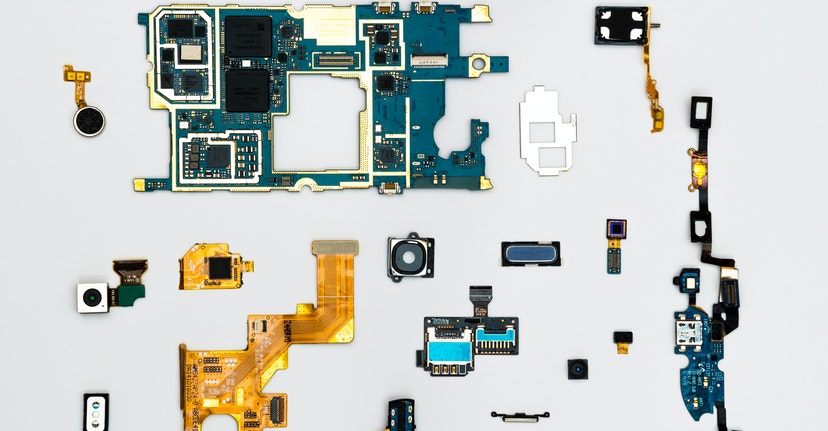NVIDIA and Softbank Abandon Arm Holdings Deal, IPO Planned Instead
A Blockbuster Falls Apart
In September 2020, US graphics chip giant NVIDIA (NVDA) agreed to purchase Arm Holdings from Japan’s SoftBank for $40 billion in what would have been the chip market’s biggest deal ever. Arm is based in the UK and is a chip-design specialist. The deal faced immediate opposition from regulators and competitors amid antitrust concerns, and in December of last year the FTC sued to block the transaction from being completed.
Federal officials argued NVIDIA would have been able to control new chip designs and affiliated technology if the deal had been completed. A joint statement yesterday from the chip-maker and SoftBank cited “regulatory challenges” when announcing the deal had been abandoned. SoftBank indicates they intend to take Arm public instead.
Regulators Remain Wary of Mega Chip Deals
Chip deals of this size and scope have had difficulty getting approval from regulators in the past. In 2018, Broadcom’s (AVGO) attempt to take over fellow-chip giant Qualcomm (QCOM) was blocked due to national-security concerns raised by US officials. That same year, Chinese regulators refused to approve Qualcomm’s plans to purchase Dutch chip-maker NXP Semiconductors (NXPI), and the deal was scuttled.
Analysts say the failure to complete this latest deal has a lot to do with Arm’s role in the marketplace. Some describe the company as akin to a “Swiss bank” of the chip industry in that the company doesn’t have favored clients and offers up designs to all companies. Apple (AAPL), Qualcomm, and Advanced Micro Devices (AMD) are among the major tech companies that rely on Arm’s behind-the-scenes expertise. SoftBank and NVIDIA had vowed not to change this aspect of Arm’s business model.
Arm Remains Attached to Softbank, NVIDIA Pivots
The abandoned deal is costly for NVIDIA, which loses out on the $1.25 billion it forked over as prepayment. SoftBank has owned Arm for six years and has considered taking it public before. Analysts say the chip design company has struggled to gain traction under the bank’s ownership.
For NVIDIA the deal represented a desire to push beyond its existing niche in video games, AI, and cryptocurrency mining. The next area of diversification may end up being the metaverse, as NVIDIA already offers software that allows users to create artificially intelligent avatars that users can interact with digitally. The failure to acquire Arm could further cement metaverse investment plans, all while regulators continue to make acquisitions difficult.
Please understand that this information provided is general in nature and shouldn’t be construed as a recommendation or solicitation of any products offered by SoFi’s affiliates and subsidiaries. In addition, this information is by no means meant to provide investment or financial advice, nor is it intended to serve as the basis for any investment decision or recommendation to buy or sell any asset. Keep in mind that investing involves risk, and past performance of an asset never guarantees future results or returns. It’s important for investors to consider their specific financial needs, goals, and risk profile before making an investment decision.
The information and analysis provided through hyperlinks to third party websites, while believed to be accurate, cannot be guaranteed by SoFi. These links are provided for informational purposes and should not be viewed as an endorsement. No brands or products mentioned are affiliated with SoFi, nor do they endorse or sponsor this content.
Communication of SoFi Wealth LLC an SEC Registered Investment Adviser
SoFi isn’t recommending and is not affiliated with the brands or companies displayed. Brands displayed neither endorse or sponsor this article. Third party trademarks and service marks referenced are property of their respective owners.
SOSS22020903



